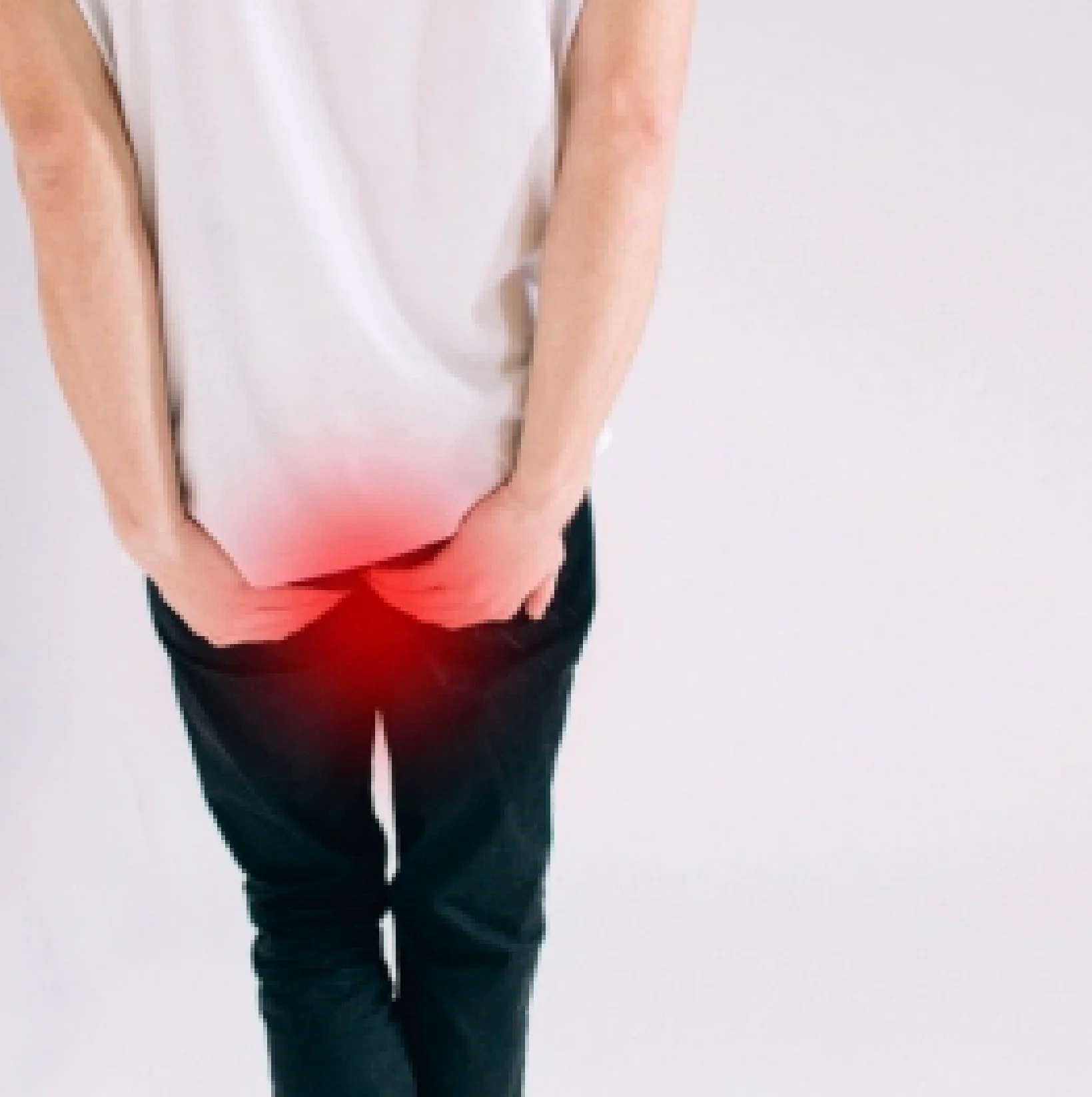
Department of General & Laparoscopic Surgery
Welcome To Gangasheel Hospital
What is Piles ?
Maintain your ideal weight by eating healthy and exercising.
Eat plenty of fruits, vegetables, and whole grains to avoid constipation.
Pay attention to correct posture when lifting weights or heavy objects. Never lift more than you are capable of .
Seek medical attention if coughing or sneezing persists.
Don't smoke, as smoking can lead to a hernia-causing cough.
- Can be formed under the skin around the anus.
- Itching or inflammation in the anal area
- Pain or discomfort
- Swelling around the anus
- Bleeding
- Internal hemorrhoids are located in the rectum. You can't usually see or feel them, and they are rarely offensive. However, straining or irritation during bowel movements can cause:
- Painless bleeding with bowel movements. You may notice a small amount of bright red blood on the toilet paper or toilet.
- Hemorrhoids (prolapsed or protruding hemorrhoids) that are pushed out of the anal opening, causing pain and inflammation.
- When blood collects in an external hemorrhoid and forms a clot (thrombus), it can cause.
External Hemorrhoids.
Internal hemorrhoids
Thrombosed Hemorrhoids
The veins around the anus tend to dilate when pressure is applied, which can cause them to bulge and swell. Hemorrhoids can result from increased pressure in the lower rectum due to:
- Straining to empty stool
- Straining to empty stool
- Sitting on the toilet too long
- Chronic diarrhea or constipation
- Overweight
- Pregnant
- Anal sex
- Eating a low-fiber diet
- Heavy eating regularly lift things
The best way to prevent hemorrhoids is to keep your stools soft and easy to pass. To prevent hemorrhoids and reduce hemorrhoid symptoms, follow these tips:
- Eat foods high in fiber:
Eat more fruits, vegetables and whole grains. This softens and increases the volume of your stools and helps you avoid the strain that causes hemorrhoids.Add fiber to your diet slowly to avoid bloating problems. - Drink plenty of water:
Drink 6 to 8 glasses of water and other liquids (excluding alcohol) daily to soften stools. - Consider dietary fiber supplements:
Most people don't get enough of the recommended amount of dietary fiber (20-30 grams per day). Over-the-counter fiber supplements such as psyllium (Metamucil) and methylcellulose (Citrucel) have been shown in studies to improve overall hemorrhoid symptoms and bleeding. - Drink at least 8 glasses of water or other liquid daily if you are using a fiber supplement. Otherwise, supplements may cause or worsen constipation.
- Do not be a burden:
Holding or holding your breath in an attempt to pass a bowel movement puts more pressure on the veins in the lower rectum.
- Drink plenty of water
Drinking two liters of water each day softens stools and reduces the risk of hemorrhoids. - High Fiber Foods
Incorporating high fiber foods into your diet tends to improve the overall symptoms and bleeding of hemorrhoids. A healthy diet should contain the recommended amount of 20-30 grams of fiber per day. - Don't hold back
Delaying or waiting to put more pressure on your rectal veins can make constipation worse, and hemorrhoids worsen.
Treatment of hemorrhoids depends on the type, extent of the incident, or severity of the situation.
Staying active prevents and relieves constipation and relieves pressure on veins. It can also help you lose weight, another major cause of hemorrhoids. Some over-the-counter medications may provide temporary relief, but an experienced doctor should be consulted for effective treatments.
Do not push
Do not force defecation. Straining and straining can make hemorrhoids worse. If it doesn't improve within 2 minutes, get up and try again later.
Medical Options
People with hemorrhoids can take various medications to provide some relief.
Over-the-counter medicines - easily available over-the-counter at drug stores or online. They help reduce irritation and swelling in the area and come in the form of pain relievers, ointments, pads, etc.
We recommend not using these for more than a week as certain side effects may occur.Corticosteroids - These helpreduce inflammation and pain.
Laxatives - Patients may be prescribed laxatives to help with constipation. This makes bowel movements easier and relieves some pressure.
About 10% of people with hemorrhoids (1 in 10 her) undergo surgery. Here are some of the surgical methods you can choose to treat hemorrhoids.
- Banding:
This is where the doctor places a rubber band around the hemorrhoid to block blood flow. It tends to go away in a few days. This method is used for stakes below Grade IV status. - Sclerotherapy:
In this method, drugs are injected into the hemorrhoids to shrink them. It replaces banding and can be used for class II and class III stakes. - Infrared coagulation:
In this method, the tissue of the hemorrhoid is burned with a device. Predominant in Grade I and II stakes. - Hemorrhoidectomy:
This is the most effective type of surgery because the excess tissue responsible for the bleeding is completely removed. However, there are possible risks, such as difficulty with bowel movements and urinary tract infections (UTIs). - Hemorrhoid Suturing:
Blood flow to the problem is cut off and this method is less painful than hemorrhoidectomy.
Yes, Piles treatment is available in Bareilly at Gangasheel Hospital by the team of expert General Surgeon's in the city.
